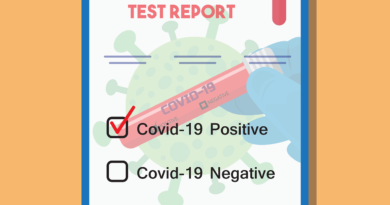Everything You Need to Know About N95 Masks

At the beginning of the COVID-19 pandemic, health officials asked us to wear cloth masks and save the heavy-duty N95/KN95 masks for healthcare workers. But today, Personal Protective Equipment (PPE), such as masks, are no longer in short supply. Everyday people can now buy and wear N95/KN95 masks. And epidemiologists recommend them over cloth masks to protect you from the super-spreading Omicron variant.
Popular Science did a deep dive into these highly protective masks. If you are thinking of upgrading here’s a few things you should keep in mind:
- N95s need to fit snugly against your face to perform at peak ability. To ensure you get a tight seal, experts recommend masks with a horizontal fold, which will move with your jaw.
- Choose masks with head straps instead of ear loops. This feature helps provide a secure seal but makes the mask more comfortable to wear for prolonged periods of time.
- Beware of counterfeit masks. The magazine says it’s best to stick to a NIOSH-approved N95 from a reputable brand such as Honeywell, Kimberly-Clark or 3M.
- N95 masks are meant for single use, but officials say you can reuse them if you rotate your masks. After each wearing, you can decontaminate your mask by placing it into a paper bag for three days at room temperature. Do not try to wash your N95 mask.
- Throw your mask away when the nose band and elastics no longer fit tightly. One way to check is by wearing glasses. If your mask fits correctly, your glasses should not steam up when you breathe.
Of course, the health experts reiterate one important message: any mask is always better than no mask at all when it comes to protecting you from coronavirus.
The Seniors Trust is committed to improving the lives of seniors by working to improve Social Security. It wants to see Congress pass the Social Security Expansion Act. This landmark piece of legislation will provide bigger monthly Social Security benefits, establish a more realistic cost-of-living adjustment (COLA) for seniors, and guarantee the long-term solvency of the Social Security program.



